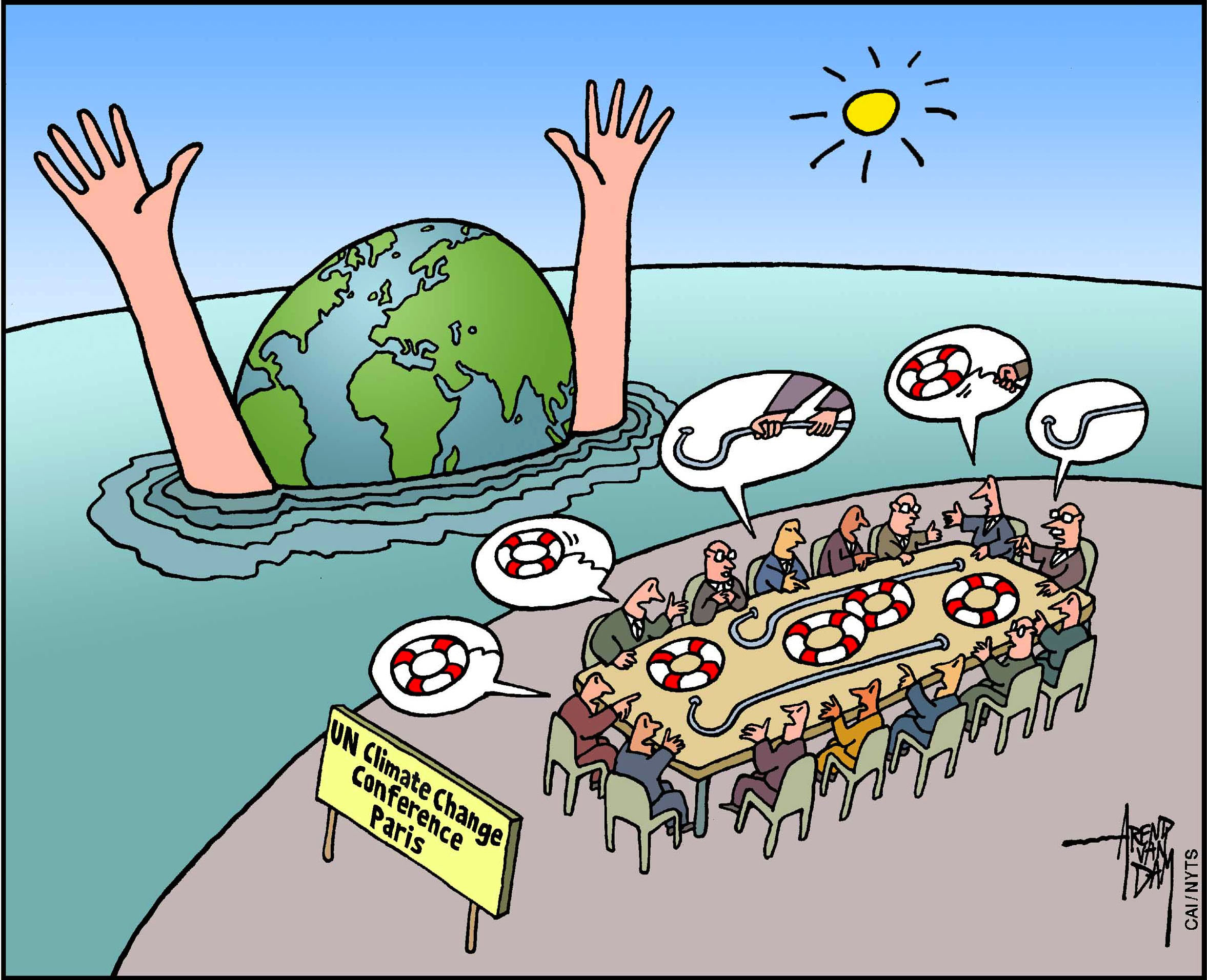The lives of billions of people, for centuries to come, will be at stake when world leaders and government negotiators meet at the United Nations Climate Change Conference in Paris at the end of the month. The fate of an unknown number of endangered species of plants and animals also hangs in the balance.
At the Earth Summit in Rio de Janeiro in 1992, 189 states, including the United States, China, India and all of Europe, signed on to the U.N. Framework Convention on Climate Change (UNFCCC), and agreed to stabilize greenhouse gas emissions "at a low enough level to prevent dangerous anthropogenic interference with the climate system."
So far, however, no such stabilization has taken place, and without it, climate feedback loops could boost rising temperatures further still. With less Arctic ice to reflect sunlight, the oceans will absorb more warmth. Thawing Siberian permafrost will release vast quantities of methane. As a result, vast areas of our planet, currently home to billions of people, could become uninhabitable.


















With your current subscription plan you can comment on stories. However, before writing your first comment, please create a display name in the Profile section of your subscriber account page.